We are pleased to welcome Andreas C. Goldberg (Norwegian University of Science and Technology, NTNU) on Thursday, October 30, 2025, from 12:15 to 13:30 in Géopolis 5621, for a talk entitled:
This online event takes place within the framework of the Love Data Week, an annual international event celebrating research data and research data management. No registration needed.
This online event takes place within the framework of the Love Data Week, an annual international event celebrating research data and research data management. No registration needed.
Do you have questions about managing and sharing your social science research data? We’ve got answers. Every second Thursday of the month from 13:00 to 14:00 online.
This webinar introduces the foundational principles of data anonymization and its application in the social sciences and humanities. Register now.
Past events
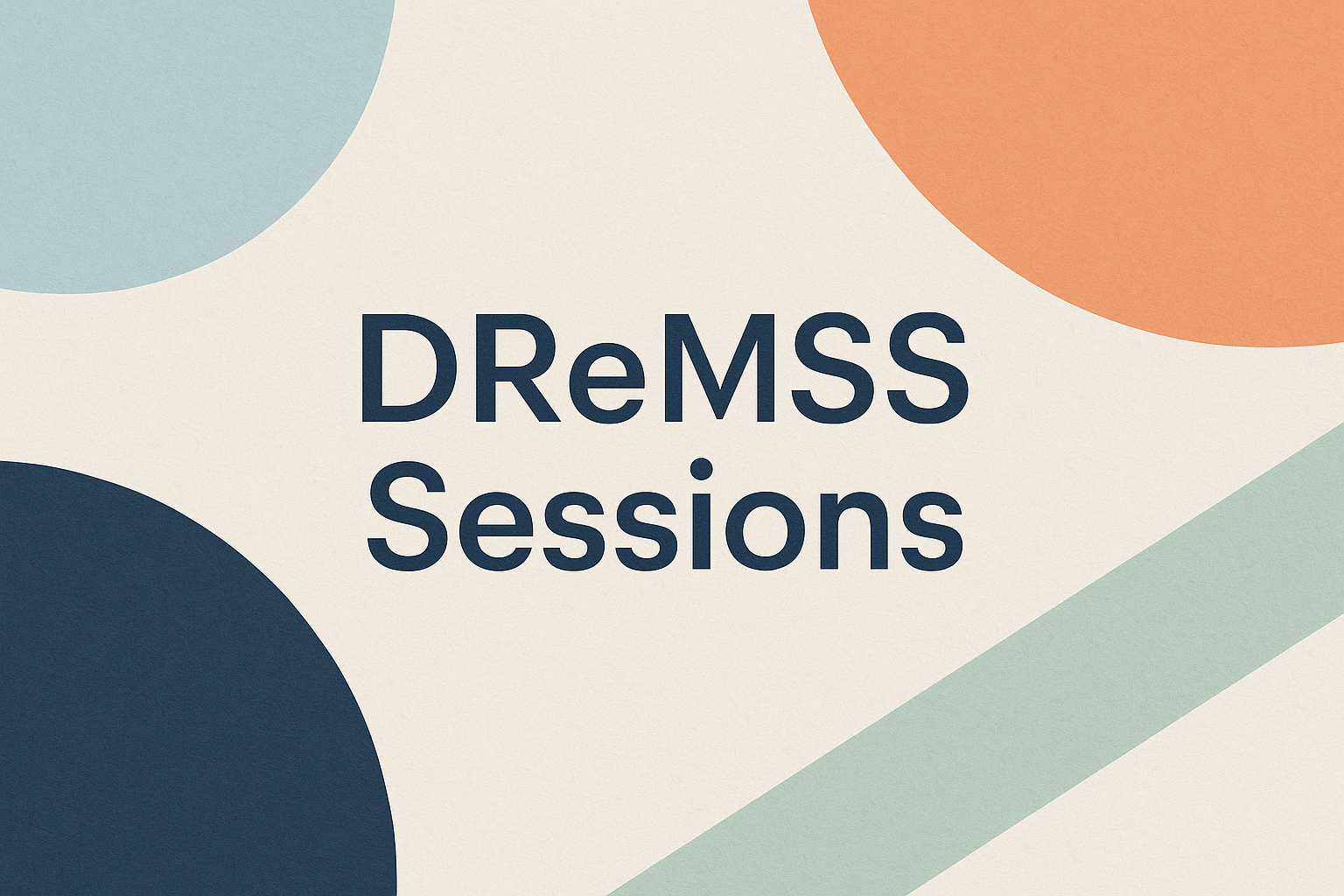
Join us for the first expert workshop within the DReMSS Sessions: Monday, 15 December 2025, from 13:00 to 16:00, in Room 5621 (Géopolis, UNIL).
Learn how to handle informed consent and its impact on data sharing, anonymisation, and ethical research.
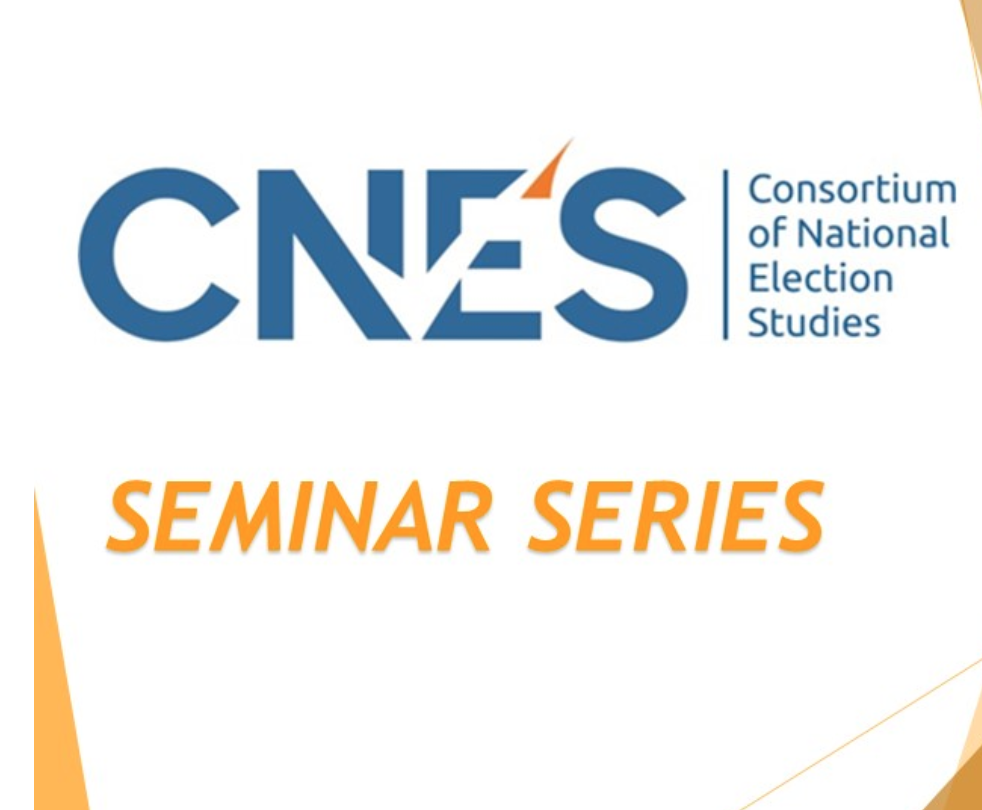
The CNES Seminar Series casts a spotlight on different National Election Studies that share their experiences in designing and conducting election studies. Register now for this event.
Join us for this webinar within the new DReMSS series. Fixed-effects modeling is a powerful tool for estimating within-cluster associations in cross-sectional data and, in particular, within-participant associations in longitudinal data.
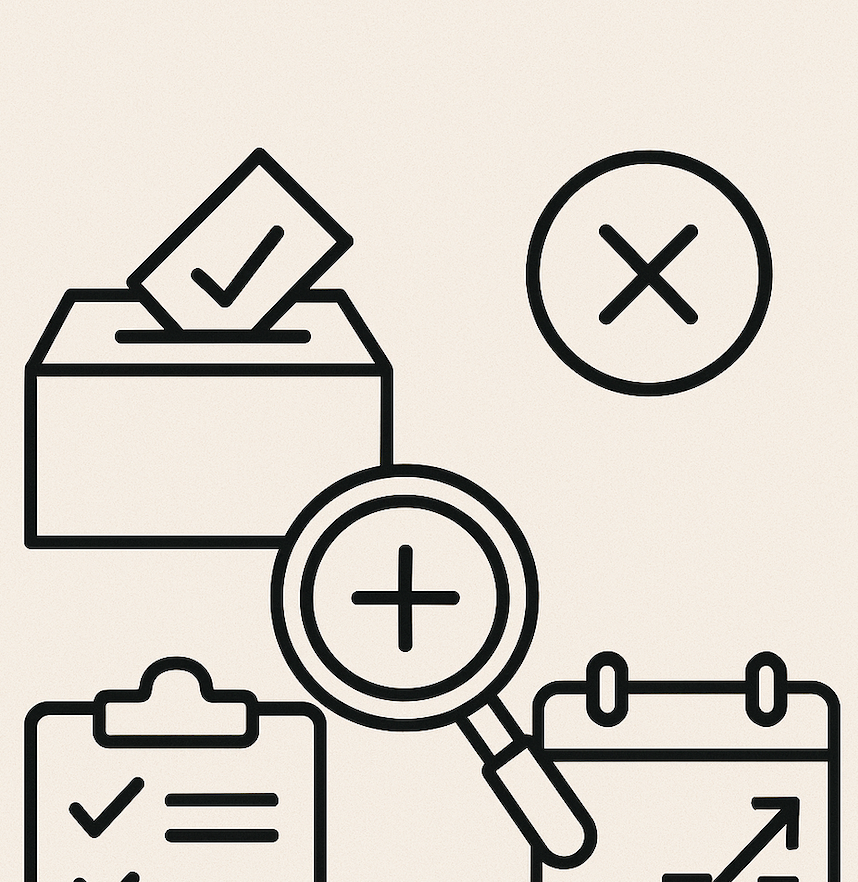
We welcome Andreas C. Goldberg (Norwegian University of Science and Technology, NTNU) from 12:15 to 13:30 in Géopolis 5621, University of Lausanne.
With a wide selection of courses covering diverse methodologies, participants can refresh, deepen, and expand their analytical toolkit. Five experts from FORS will be teaching three courses at this year’s Summer School.
The SHP & TREE (Transitions from Education to Employment) host this conference to be held at the University of Lausanne on June 4-5, 2025.
Elie Michel and Lukas Lauener will present their research at this FORS Lunch Seminar.
FORS is contributing to this year’s Love Data Week with three free online presentations, focusing on open science, data sharing, and practical guidance for using SWISSUbase.
We welcome Joshua Yang from ETH Zurich.The title of his presentation is “LLM Voting: Human Choices and AI Collective Decision-Making”. The seminar will take place at Géopolis, room 5799, University of Lausanne from 12:15 to 13:30.
Elevate your research in today’s data-driven world by gaining critical skills in Research Data Management (RDM) and Open Science.
The Swiss Household Panel (SHP) workshop will take place in Lausanne from the 4th to the 7th of June 2024.
In 15 Ateliers können sich Interessierte über den aktuellen Stand verschiedener Methoden informieren und Fragen sowie ihre eigenen Projekte mit Expertinnen und Experten diskutieren. Anmeldefrist: 26.05.24
We are delighted to inform you about a series of dedicated sessions scheduled for the Love Data Week Switzerland. Join them online for free.




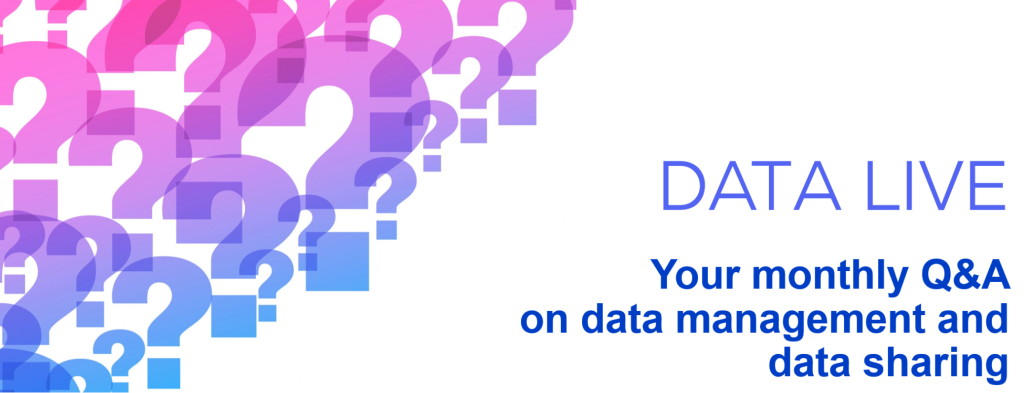
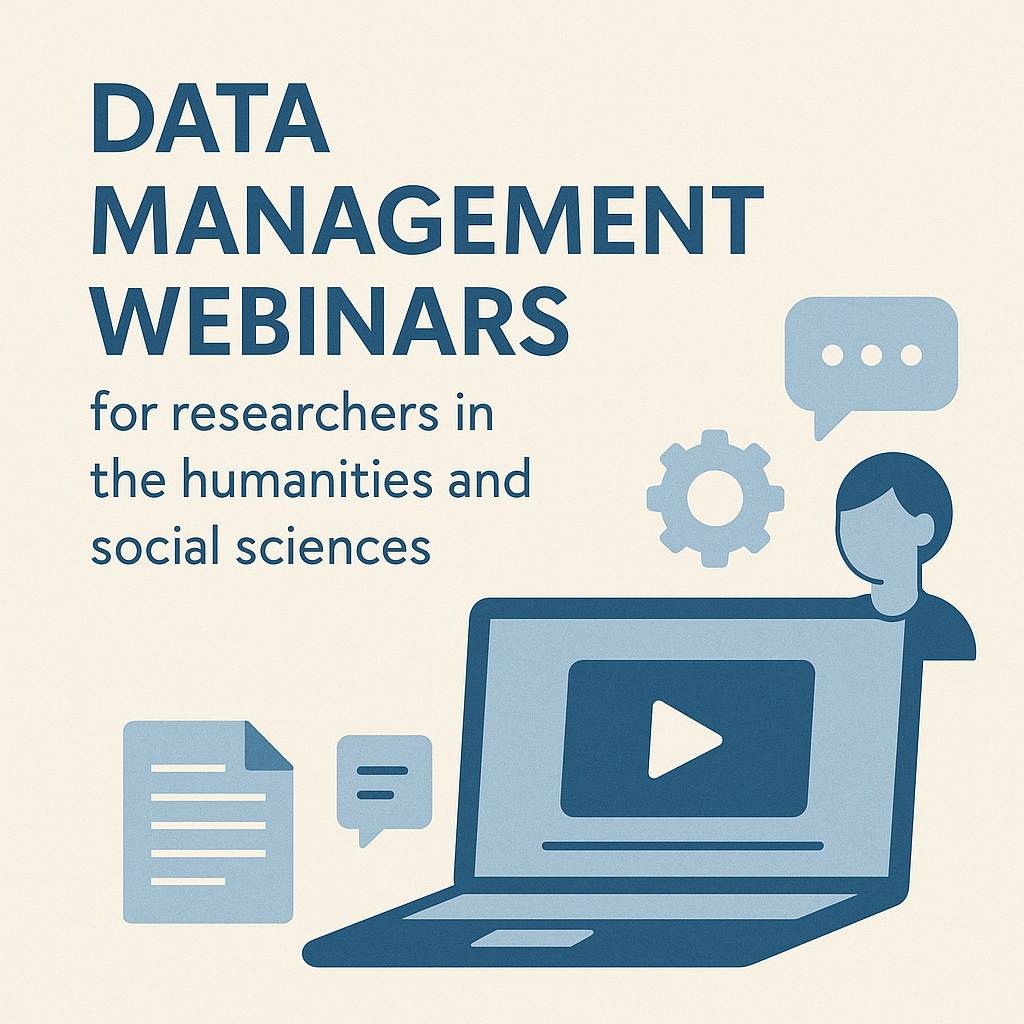


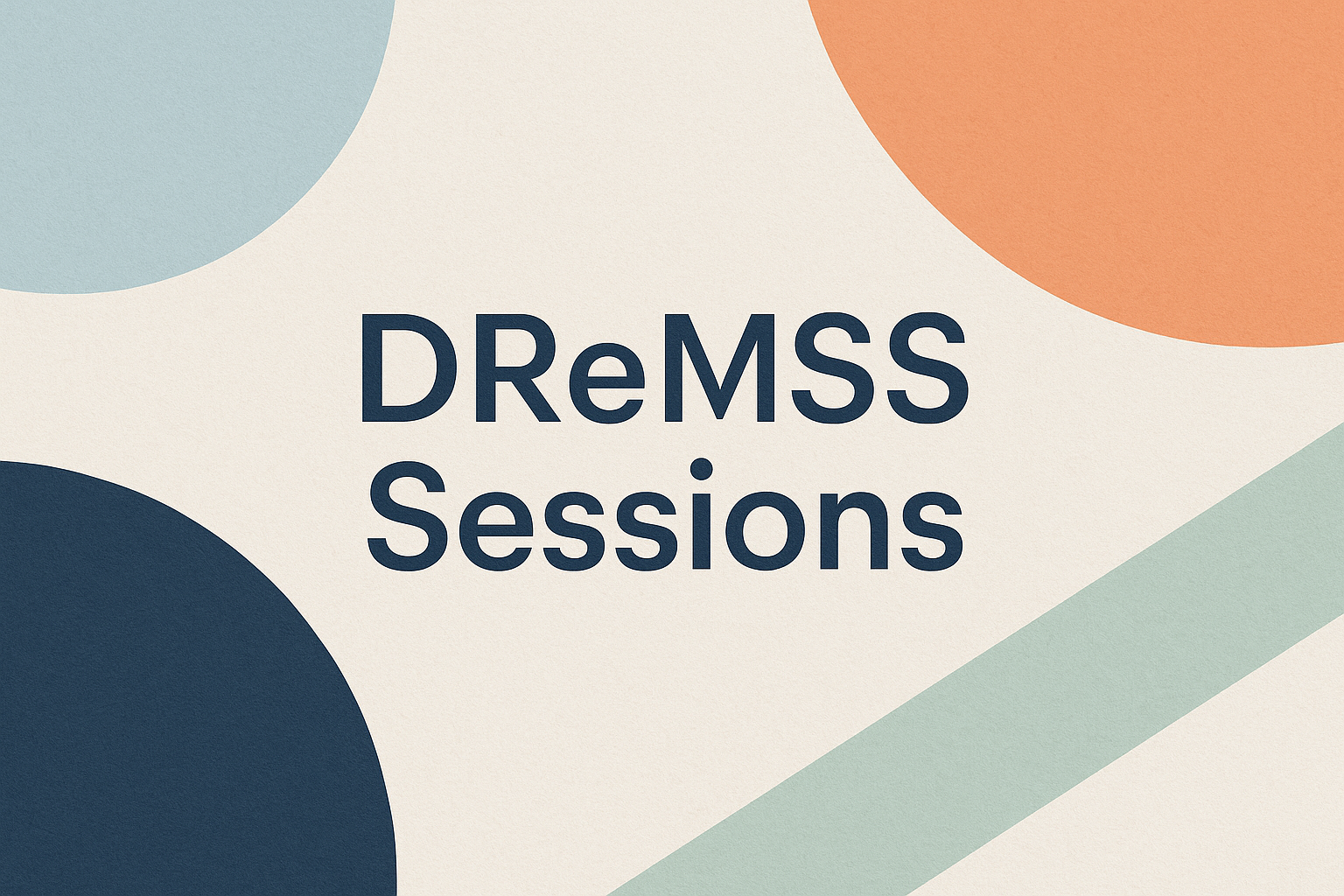
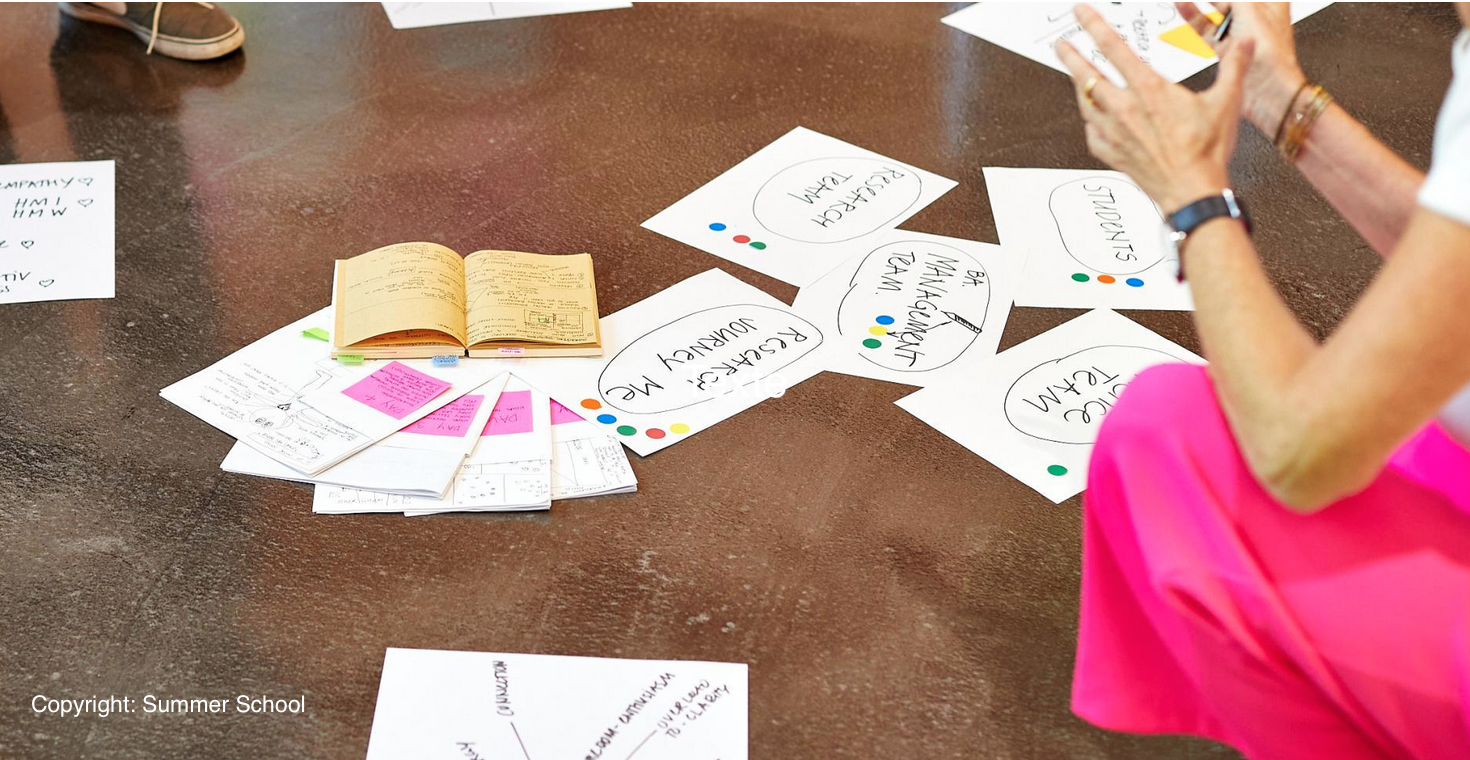




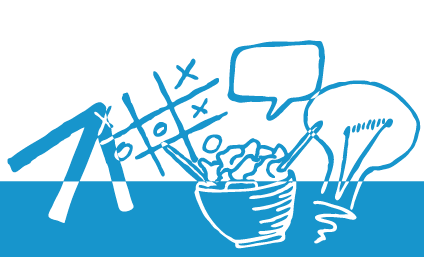



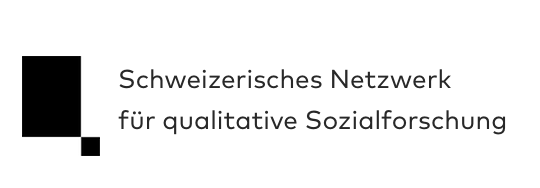
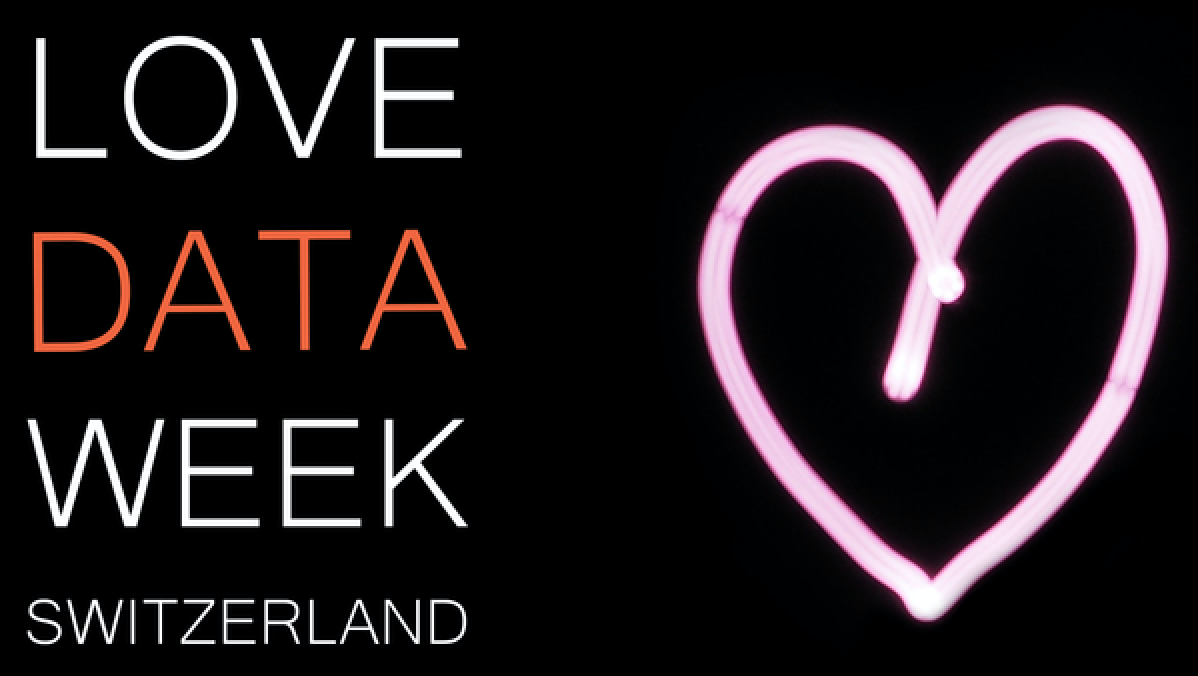

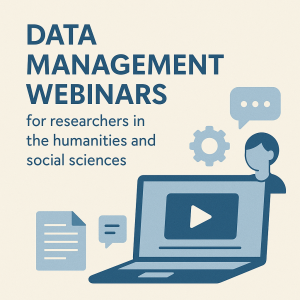
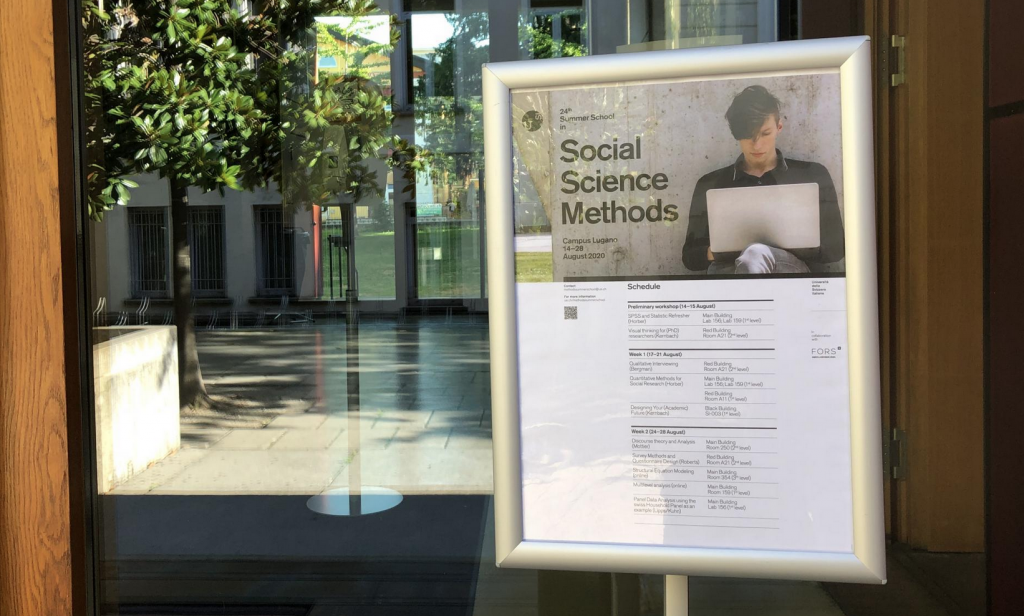
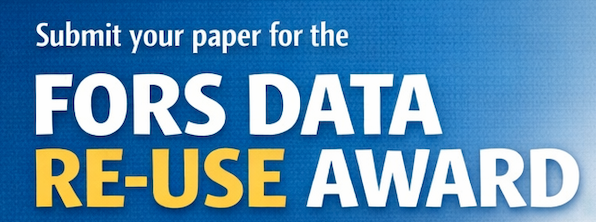
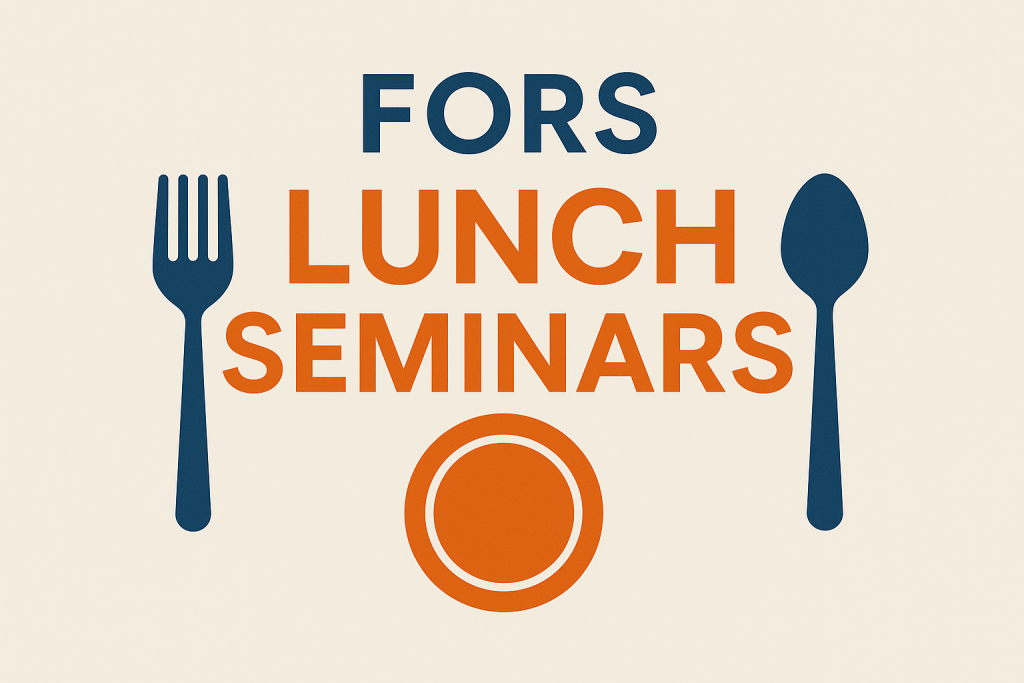
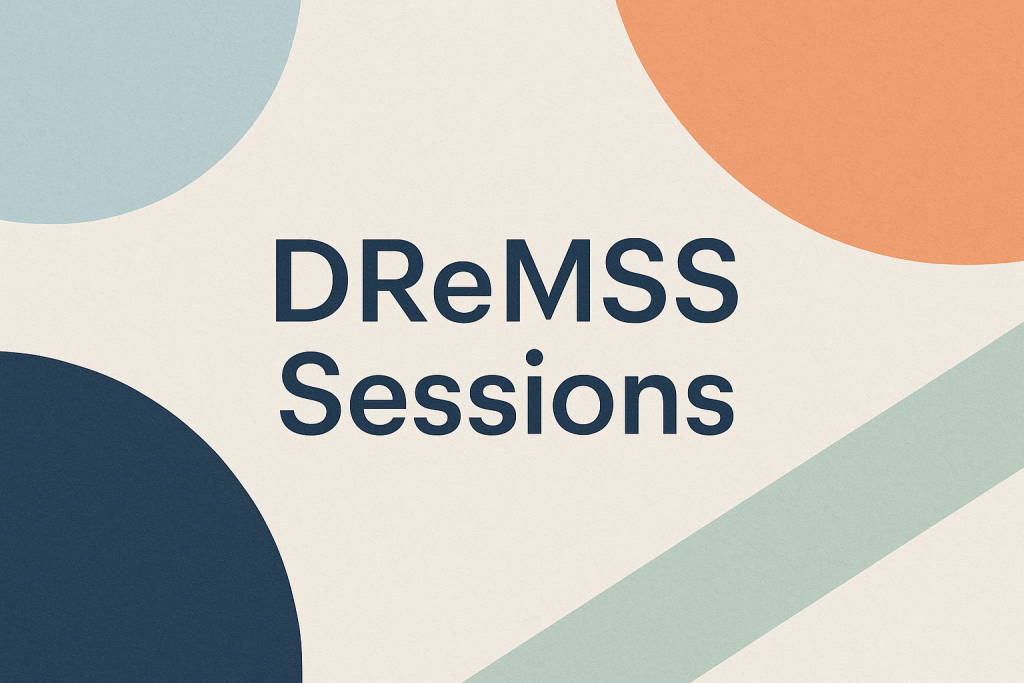
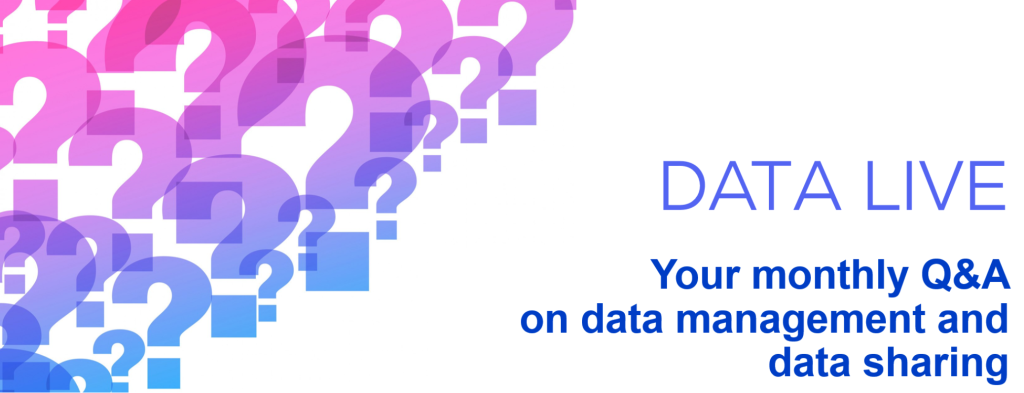


 Bâtiment Géopolis,
Bâtiment Géopolis, +41 (0)21 692 37 30
+41 (0)21 692 37 30

